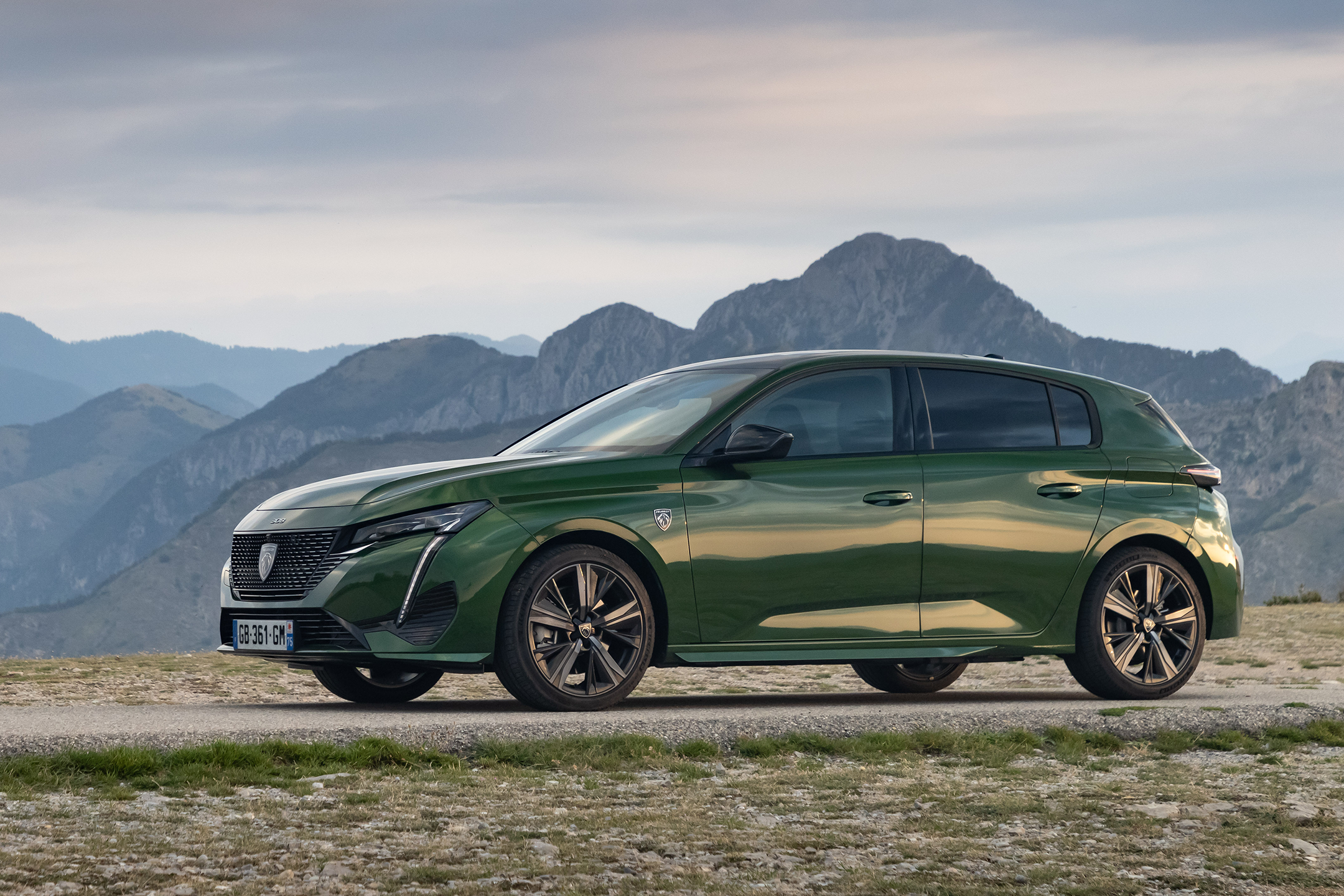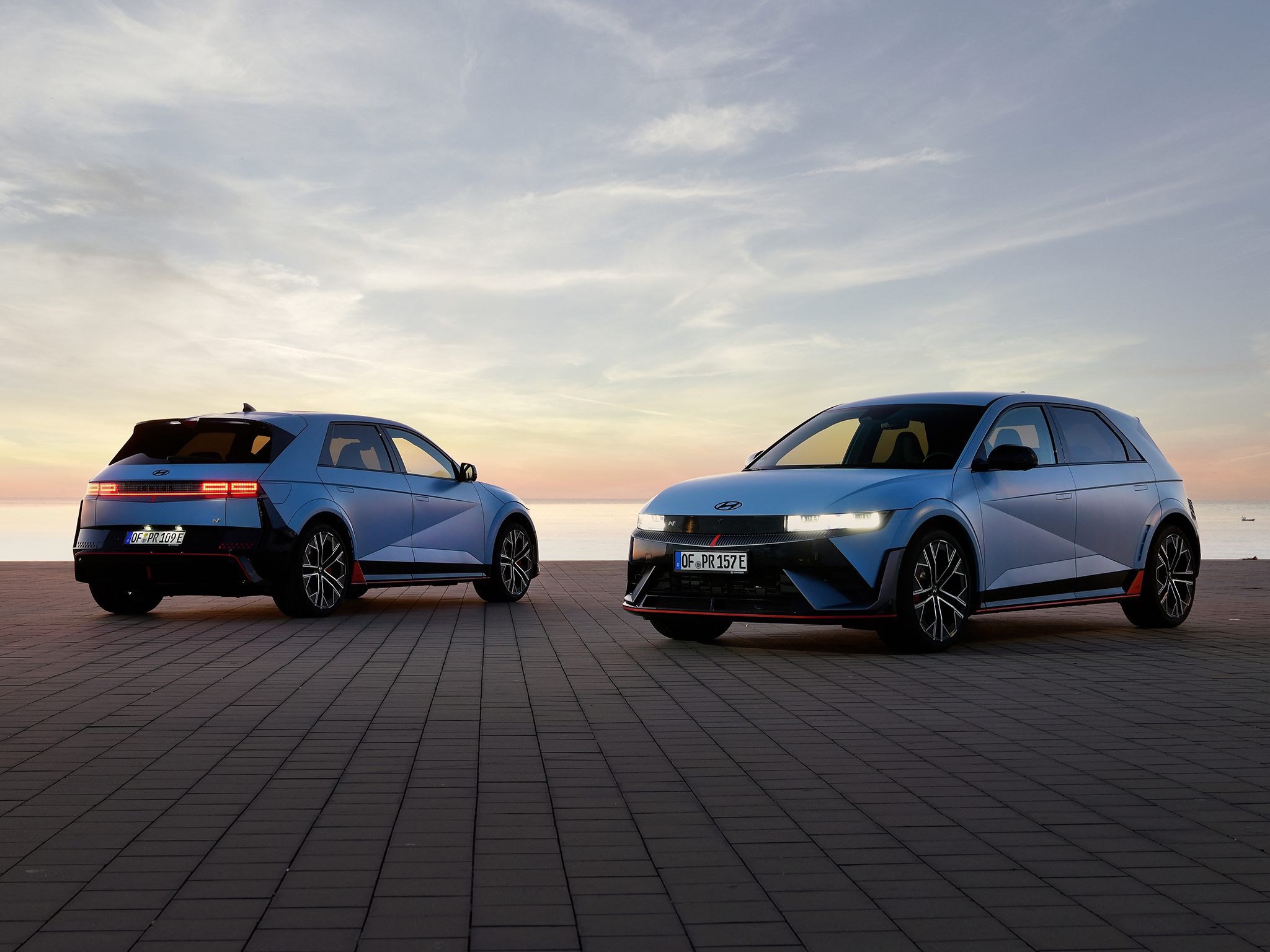2030 petrol car ban will not include new hybrids
Hybrid petrol models likely to stay on sale past Labour’s original 2030 deadline, but no word yet on which hybrid models will be allowed

The Labour government is set to row back on its promise to ban cars with petrol and diesel internal combustion engines from 2030.
As part of its 2024 election manifesto, Labour committed to scrap the sale of “new cars with internal combustion engines” by 2030. The previous government under prime minister Boris Johnson had originally set that same deadline, but Rishi Sunak moved it back to 2035 – in line with the EU – in September of last year.
Now the new government has said that “some” hybrid cars will be allowed to be sold beyond 2030 and up to 2035 without giving a clear definition of what hybrid means. The government has said that “further details will be set out in due course”.
There are currently three main types of hybrid cars available in the UK. A mild hybrid uses a small battery and electric motor to boost power to the engine to improve performance and efficiency, but it doesn’t run on electric power alone.
Full hybrids, like the Toyota Prius, have a slightly bigger battery to allow very short periods of electric-only running – up to about a mile – with the battery being topped up by energy recovered during braking.
Plug-in hybrids use much bigger batteries that are charged like an electric car from a plug or charging point. They can run for longer distances – in some cases over 50 miles – before a petrol engine takes over. Once the battery power of a plug-in hybrid is depleted and before it’s charged again from mains power, it runs as a full hybrid with the battery replenished from energy recovered under braking.
Although it’s expected that the government will announce changes to its 2030 internal combustion engine deadline, no changes are expected to be made to the Zero Emissions Vehicle (ZEV) Mandate. This ZEV Mandate came into effect this year and requires 22 per cent of all cars sold by each car maker to be battery electric vehicles. If they don’t meet the target, a fine of £15,000 for each non-compliant car sold over that limit will be payable. There are various workarounds for car makers, including buying credits from other car companies, for the first few years.

In 2025, the ZEV Mandate requirement will rise to 28 per cent of all cars sold having to be fully electric, then rise again to 33 per cent in 2026. It will rise to 80 per cent in 2030 when the mandate ends. Beyond that, the government suggests the mandate rise to 84 per cent in 2031, 88 per cent in 2032, 92 per cent in 2033, 96 per cent in 2034 and 100 per cent in 2035.
Latest figures from car industry body SMMT show that 17.2 per cent of all new cars sold up until the end of August were battery electric, some way short of the end of year target of 22 per cent. Petrol still dominates accounting for 54.4 per cent of all cars sold so far this year, with full hybrids taking 13.8 per cent of the market and plug-in hybrids taking 8.1 per cent share.
Join our commenting forum
Join thought-provoking conversations, follow other Independent readers and see their replies
Comments







Bookmark popover
Removed from bookmarks